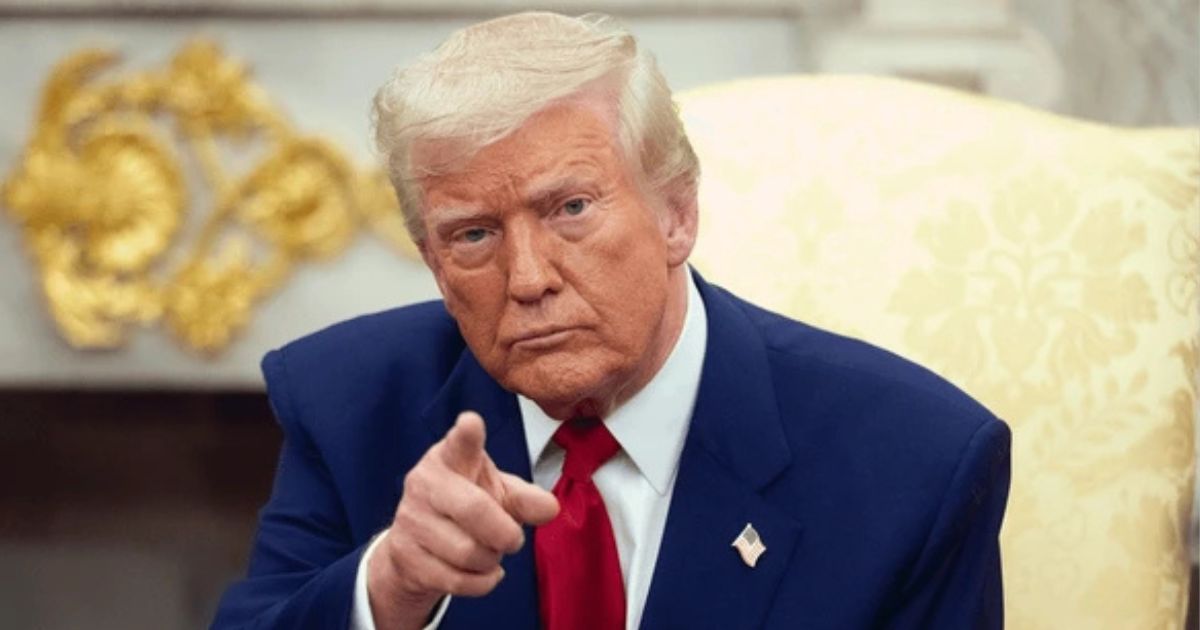President Donald Trump’s DOT just took a red pen to dozens of walk-and-bike projects across the country, and the rationale is as blunt as a bumper sticker: they’re not designed for cars. In a burst of letters sent this month, the department yanked previously awarded grants for trails, bike lanes, and street-safety fixes, arguing the plans would trim vehicle lanes, slow traffic, or “alter auto-centric configurations.”
Take San Diego County. Local officials spent months lining up a $1.2 million federal award to add bike lanes as part of a road upgrade. DOT’s reversal letter said the plan “appears to reduce lane capacity and a road diet that is hostile to motor vehicles.” Translation: fewer car lanes, fewer federal dollars. Grant revoked.
The Trump administration canceled grants for street safety, pedestrian trails, and bike lanes, citing that the projects “aren’t designed for cars” https://t.co/I3Oi3zelRd
— Bloomberg CityLab (@CityLab) September 22, 2025
In Fairfield, Alabama, a plan to convert underused street lanes on Vinesville Road into trail space ran into the same buzzsaw. The project was flagged as “hostile” to cars and “counter to DOT’s priority of preserving or increasing roadway capacity for motor vehicles,” and the money vanished.
Boston didn’t fare better. The administration pulled back funding to rework Mattapan Square for safer walking, biking, and bus travel because the redesign would change the “current auto-centric configuration.” A separate safety grant to improve intersections was also terminated, with DOT warning the fixes could “impede vehicle capacity and speed.” Local outlets put the Boston cuts at roughly $20–22 million across multiple efforts.
Under the Trump administration, no bike projects like this will be funded. pic.twitter.com/hFiN0eoSPl
— Hayden (@the_transit_guy) September 23, 2025
The cancellations, issued September 9, according to several letters reviewed by reporters, double as a policy billboard. Trump has made a show of undoing Biden-era priorities on EV charging and clean energy. Now his DOT is flexing on city streets too, signaling that single-occupancy vehicles come first, and that projects which narrow, calm, or share space with drivers risk losing federal backing.
Advocates erupted. Streetsblog tallied pulled dollars from Connecticut to New Mexico and Illinois, including river and rail-trail links long touted as economic and safety wins. Planetizen summarized DOT’s new litmus test as favoring efforts that “promote vehicular travel,” full stop. Urbanists see a chilling effect: if Washington punishes “road diets,” why would local leaders stick their necks out?
In Boston, the blow landed hard. The Mattapan Square redesign was pitched as a lifeline for crash-prone corridors and slow bus riders. Instead, the feds labeled it “hostile to motor vehicles” and “lacking national significance.” The message, critics say, is that safer crossings and shorter waits don’t count if they cost drivers seconds.
NEW: A taxpayer-funded bus & bike lane just opened near Faneuil Hall — choking off a key route to I-93. Cyclists are celebrating. Motorists and taxpayers are asking how much more they’re supposed to take. pic.twitter.com/luM6z5k3ay
— Mass Daily News Live 🚨 (@MassDaily_Live) June 30, 2025
Team Trump’s defenders argue the government shouldn’t bankroll projects that throttle car capacity when most commuters still drive. But safety researchers counter that “capacity at all costs” papers over a grim reality: wider, faster roads tend to produce more deadly crashes, while basic calming, narrower lanes, protected bike tracks, better crosswalks saves lives. That broader debate isn’t new, what’s new is a federal paper trail spelling out that road diets are a political no-go.
The administration didn’t just tug at the brakes, it slammed them. With fiscal-year deadlines looming and more letters reportedly in the pipeline, cities are bracing for additional clawbacks and scrambling for plan B money. If your project trims a lane, adds a bike path, or slows turning speeds, Washington just put you on notice: make room for cars, or kiss the cash goodbye.









